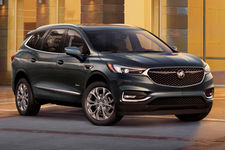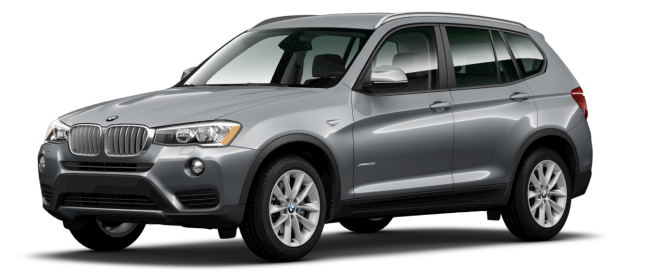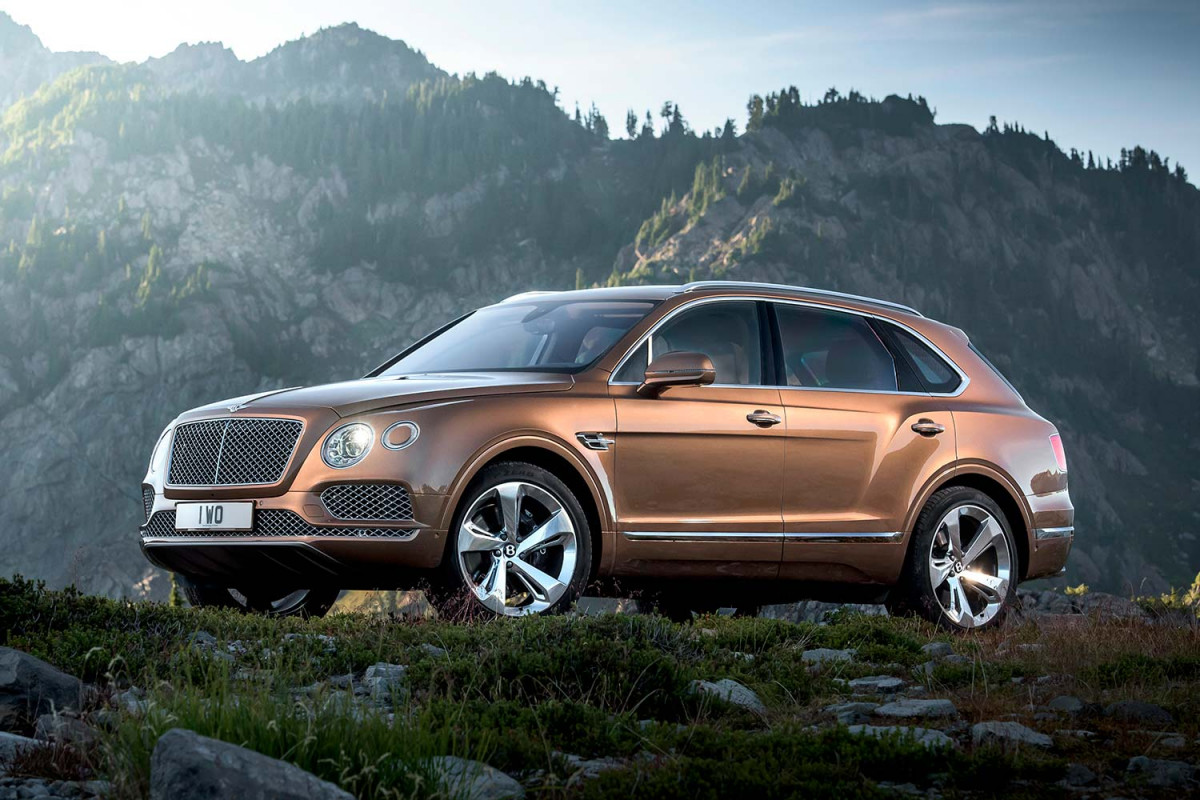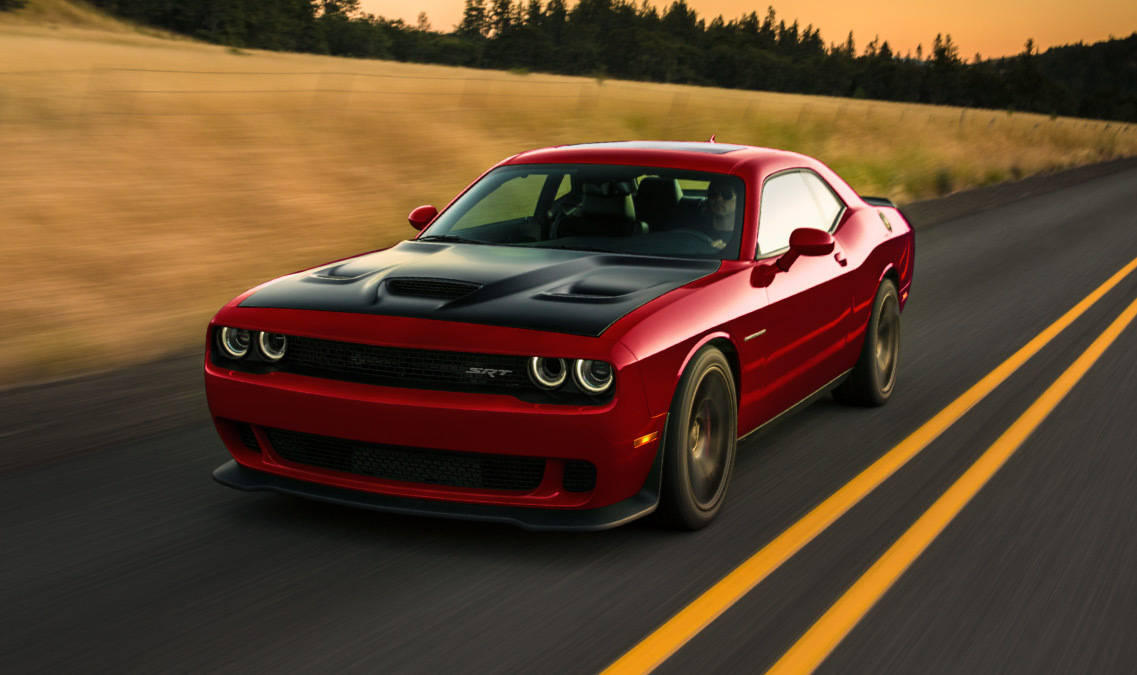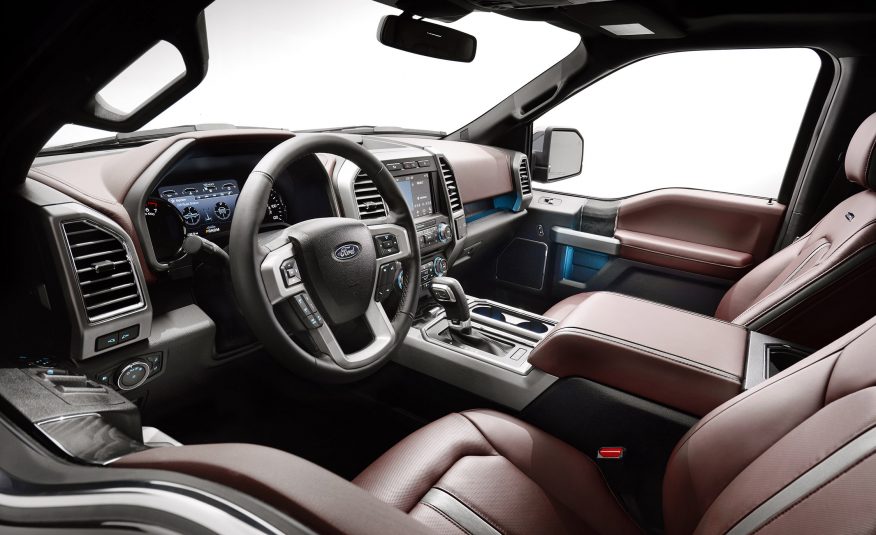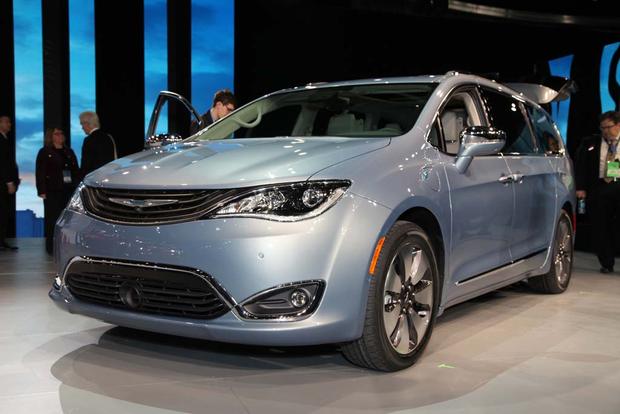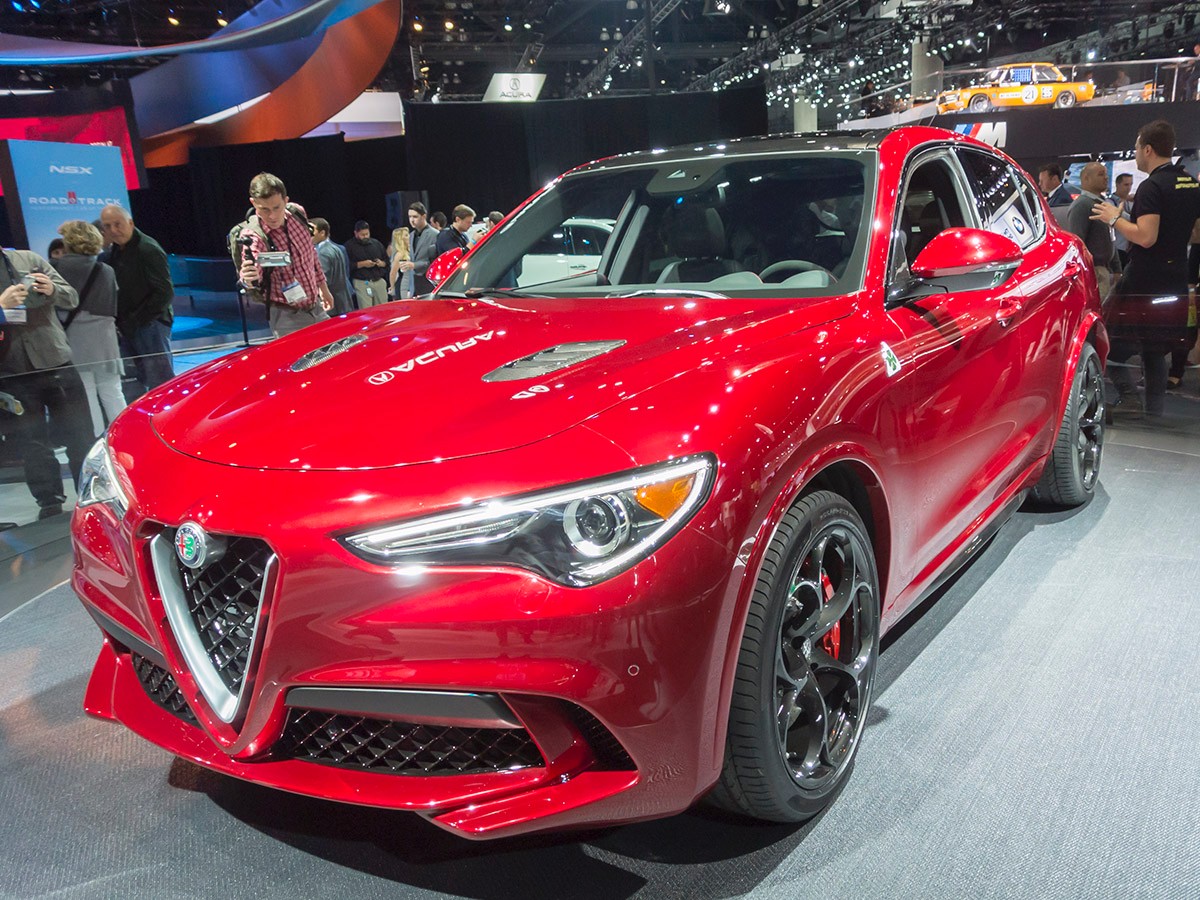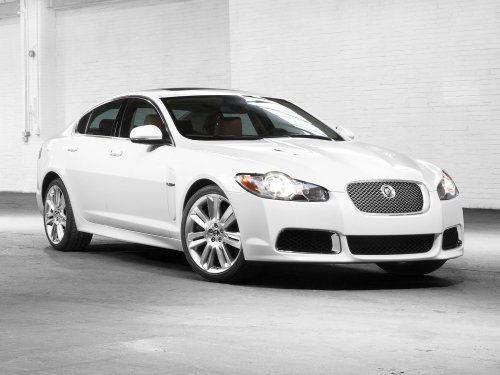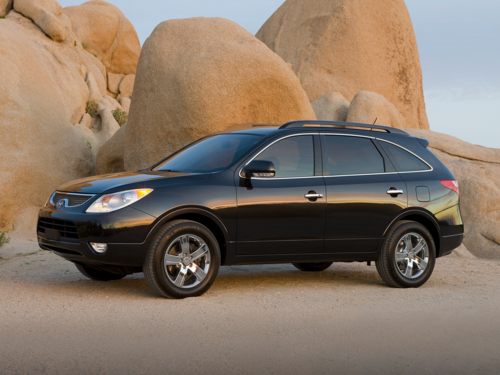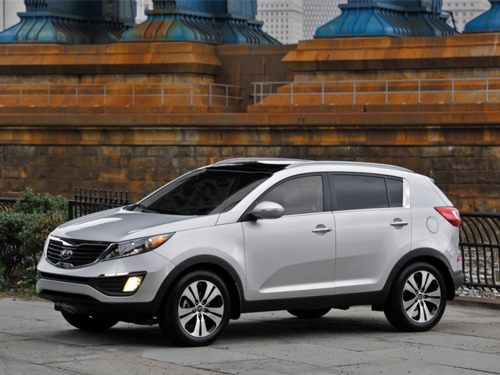-
2018 Buick Enclave “Avenir” will have ionic air purifier - April 12, 2017
-
Lease a Luxury Car for Less Than You Think - April 5, 2017
-
Shopping for a Car When Your Credit is Low - March 31, 2017
-
Aston Martin Closer to Unveiling Second-Generation Vantage - March 21, 2017
-
2017 Bentley Bentayga SUV: Offroad for $238,000 and Up - March 14, 2017
-
Pagani Huayra is Finally Here, Only $2.4M - March 9, 2017
-
Mercedes AMG E63 – For When Your Wagon Needs Drift - February 6, 2017
-
2018 Audi Q5 SUV: Enhanced Performance - January 30, 2017
-
2018 Toyota Camry Due in Late Summer - January 27, 2017
-
2018 Dodge Challenger SRT Demon Will Outstrip Hellcat - January 23, 2017
Federal Reserve Predicted to Keep Rates Low Until 2011
Auto loan rates are affected by the Federal Reserve’s rate, which is the interest rate the government charges banks to lend them money. Banks then lend money to you, the consumer, so you can get approved for a car loan to buy your next vehicle.
Since the Fed’s key overnight lending rate, or fed funds rate, has been near 0% for about a year, consumers have been able to take advantage of the low interest rates to borrow money for car loans, home equity loans, etc. The Federal Reserve kept the rate so low to help spur the economy and entice people to borrow.
Experts think the Fed will keep the key rate at 0% through 2010 and may not increase it until 2011, CNNMoney.com reports. A survey of 48 top economists by the National Association of Business Economics predicts rates will stay at their current levels through the first quarter of 2011.
So car shoppers, if you plan on buying or leasing now or in 2010, you should still be able to get a low interest rate on your car loan or lease. Remember when doing your research that auto loan rates are affected by the Fed’s rate, so if it goes up, you’ll want to take notice.
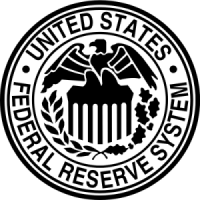
The Federal Reserve decides how much it will cost you to borrow money for that auto loan to buy your next car.
